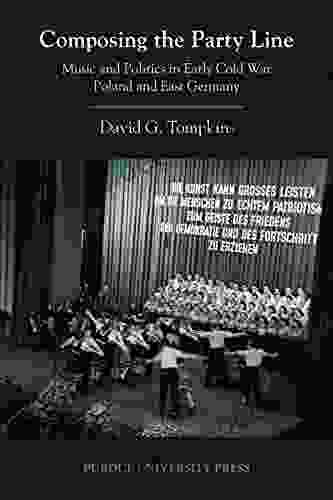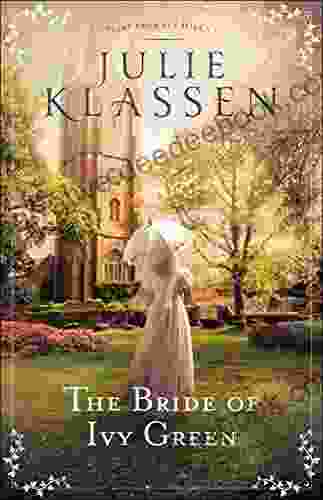Music and Politics in Early Cold War Poland and East Germany: A Tale of Two Central European States

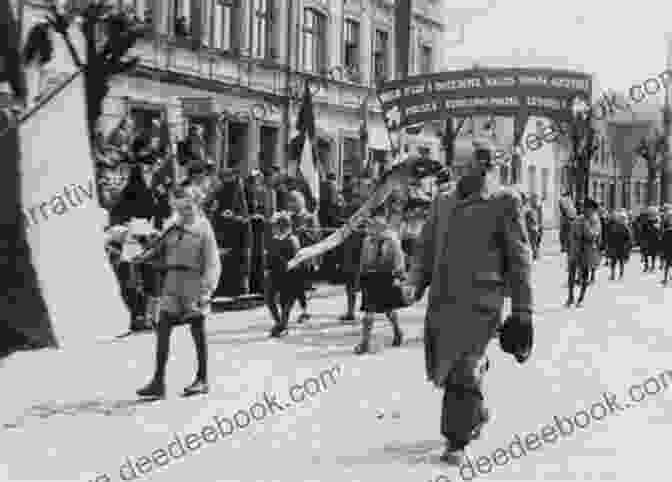
The early Cold War era was a time of great political and social change in Central Europe. Poland and East Germany, both of which had been devastated by World War II, found themselves on opposite sides of the Iron Curtain. Poland became a satellite state of the Soviet Union, while East Germany became a part of the Soviet bloc.
In this context, music played a significant role in both countries. In Poland, music was used as a tool of resistance against the communist regime. In East Germany, music was used to promote the socialist state.
5 out of 5
| Language | : | English |
| File size | : | 2570 KB |
| Text-to-Speech | : | Enabled |
| Enhanced typesetting | : | Enabled |
| Print length | : | 290 pages |
| Screen Reader | : | Supported |
Music and Resistance in Poland
In the years following World War II, Poland was a country under Soviet occupation. The communist government that was installed in Warsaw was unpopular with many Poles, and there were frequent protests and uprisings. Music played a significant role in these protests.
One of the most popular protest songs of the time was "Czerwone maki na Monte Cassino" ("Red Poppies on Monte Cassino"). The song was written by Feliks Konarski and Alfred Schütz in 1944, and it quickly became a symbol of Polish resistance to the communist regime. The song tells the story of the Polish soldiers who fought in the Battle of Monte Cassino in Italy during World War II. The battle was a victory for the Allies, but it came at a great cost. Many Polish soldiers were killed, and the song mourns their loss.
"Czerwone maki na Monte Cassino" was banned by the communist government, but it continued to be sung by Poles in secret. The song became a symbol of Polish resistance, and it is still sung today.
In addition to protest songs, Polish musicians also used music to express their hope for a better future. One of the most popular songs of this time was "Niech żyje wolność" ("Long Live Freedom"). The song was written by Władysław Szpilman in 1945, and it quickly became a symbol of Polish hope for a free and independent future. The song is still sung today, and it is considered one of the most iconic Polish songs of all time.
Music and the Socialist State in East Germany
In East Germany, music was used to promote the socialist state. The communist government controlled all aspects of cultural life, and music was no exception. The government promoted music that was in line with the socialist ideology, and it suppressed music that was considered to be subversive.
One of the most popular genres of music in East Germany was socialist realism. Socialist realism was a style of art that was developed in the Soviet Union in the 1930s. It was characterized by its focus on the working class and its depiction of socialist society in a positive light.
Many East German composers wrote music in the socialist realist style. One of the most famous of these composers was Hanns Eisler. Eisler was a close friend of Bertolt Brecht, and he wrote music for many of Brecht's plays. Eisler's music was often used to promote the socialist state, but it also contained elements of criticism.
In addition to socialist realism, other genres of music were also popular in East Germany. Jazz was particularly popular among young people, and it was often seen as a form of rebellion against the communist regime. Rock and roll was also popular, but it was often censored by the government.
Despite the government's efforts to control music, there was a lively underground music scene in East Germany. Many young people listened to Western music, and they often formed their own bands. The underground music scene was a way for young people to express themselves and to escape from the confines of the socialist state.
Music played a significant role in both Poland and East Germany during the early Cold War era. In Poland, music was used as a tool of resistance against the communist regime. In East Germany, music was used to promote the socialist state.
The contrasting ways in which music was used in these two countries reflect the different political and social realities of the two countries. In Poland, music was a force for change. In East Germany, music was a tool of control.
Despite the different ways in which it was used, music remained a powerful force in both Poland and East Germany. It provided a way for people to express their hopes and dreams, and it helped to shape the political and social landscape of both countries.
5 out of 5
| Language | : | English |
| File size | : | 2570 KB |
| Text-to-Speech | : | Enabled |
| Enhanced typesetting | : | Enabled |
| Print length | : | 290 pages |
| Screen Reader | : | Supported |
Do you want to contribute by writing guest posts on this blog?
Please contact us and send us a resume of previous articles that you have written.
 Page
Page Chapter
Chapter Genre
Genre E-book
E-book Newspaper
Newspaper Paragraph
Paragraph Sentence
Sentence Bookmark
Bookmark Shelf
Shelf Glossary
Glossary Bibliography
Bibliography Synopsis
Synopsis Annotation
Annotation Manuscript
Manuscript Tome
Tome Bestseller
Bestseller Library card
Library card Narrative
Narrative Biography
Biography Memoir
Memoir Encyclopedia
Encyclopedia Character
Character Resolution
Resolution Librarian
Librarian Catalog
Catalog Card Catalog
Card Catalog Borrowing
Borrowing Stacks
Stacks Archives
Archives Periodicals
Periodicals Research
Research Scholarly
Scholarly Academic
Academic Reading Room
Reading Room Interlibrary
Interlibrary Study Group
Study Group Storytelling
Storytelling Reading List
Reading List Theory
Theory Textbooks
Textbooks Peter Patrick
Peter Patrick Tim Rayborn
Tim Rayborn Steven A Cook
Steven A Cook Brian Baughan
Brian Baughan Tracey Tokuhama Espinosa
Tracey Tokuhama Espinosa Justin Gregg
Justin Gregg Chanakya
Chanakya Cath Senker
Cath Senker Tal Ben Shahar
Tal Ben Shahar Ellen Alpsten
Ellen Alpsten Molly O Keefe
Molly O Keefe Benjamin J Lehrer
Benjamin J Lehrer Eleanor Farjeon
Eleanor Farjeon Mike Murphy
Mike Murphy Melanie C Ross
Melanie C Ross Filippo De Florio
Filippo De Florio Andrew Stafford
Andrew Stafford Cathy Mcdavid
Cathy Mcdavid Shannon Mckenna
Shannon Mckenna R O Lane
R O Lane
Light bulbAdvertise smarter! Our strategic ad space ensures maximum exposure. Reserve your spot today!
 Robert BrowningFollow ·15.4k
Robert BrowningFollow ·15.4k Connor MitchellFollow ·11k
Connor MitchellFollow ·11k Corbin PowellFollow ·18.6k
Corbin PowellFollow ·18.6k Richard WrightFollow ·2.3k
Richard WrightFollow ·2.3k Steve CarterFollow ·3.9k
Steve CarterFollow ·3.9k Theo CoxFollow ·9.3k
Theo CoxFollow ·9.3k Allen ParkerFollow ·10.3k
Allen ParkerFollow ·10.3k Joseph FosterFollow ·3.7k
Joseph FosterFollow ·3.7k
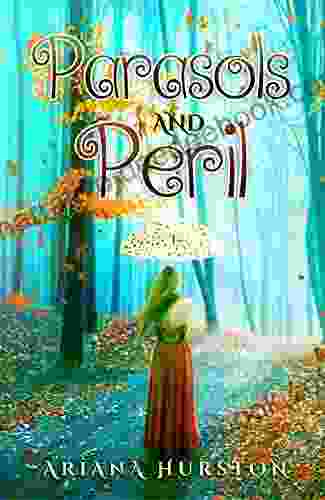
 Dallas Turner
Dallas TurnerParasols and Peril: Adventures in Grace
In the quaint town...

 Caleb Carter
Caleb CarterFlight Attendant Joe: A Dedicated Professional in the...
Flight Attendant Joe...

 Jerry Ward
Jerry WardPick Lottery The List For 23 States August 15 2024
The Pick Lottery is a multi-state lottery...
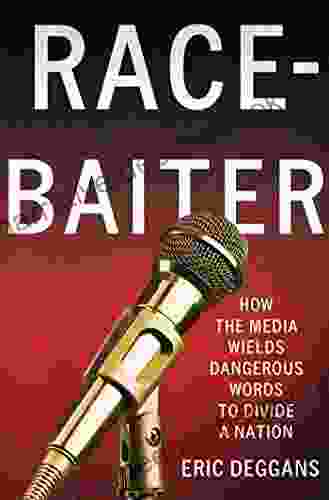
 Hudson Hayes
Hudson HayesHow the Media Wields Dangerous Words to Divide a Nation
In a world where the media is...

 Curtis Stewart
Curtis StewartThe Magic Mala: A Story That Changes Lives
In the realm of ancient traditions and...
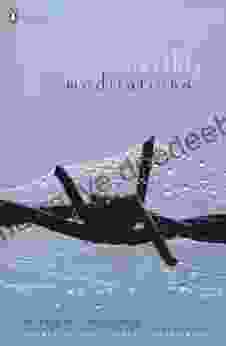
 Raymond Parker
Raymond ParkerEarthly Meditations: A Poetic Tapestry of Nature,...
In the realm of contemporary...
5 out of 5
| Language | : | English |
| File size | : | 2570 KB |
| Text-to-Speech | : | Enabled |
| Enhanced typesetting | : | Enabled |
| Print length | : | 290 pages |
| Screen Reader | : | Supported |


